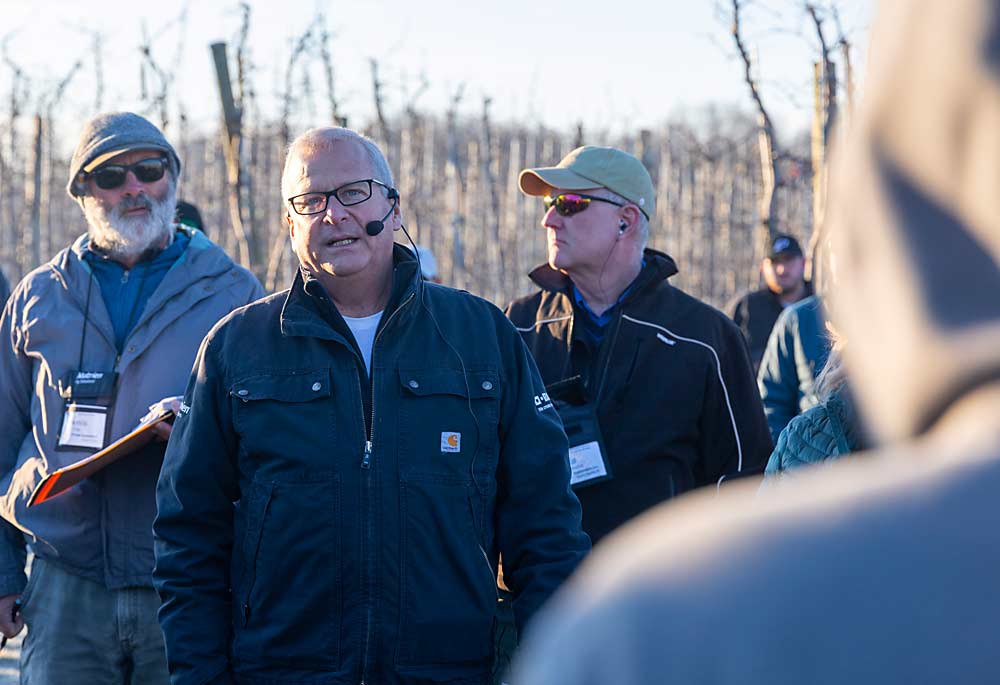
The International Fruit Tree Association is holding its 66th annual conference and tours in Grand Rapids, Michigan, Feb. 12–15. The conference theme is “Resiliency: Adapting and Thriving in a Challenging Future.”
Day 2 was the bus tour. The IFTA buses visited a few locations on the Fruit Ridge north of Grand Rapids, where most of Michigan’s apples grow.
One of the stops was the orchard and cider-making facility of the Engelsma family, who has won Michigan’s sweet cider contest a record eight times.
Jim Engelsma Jr. and his daughter, Bridget, hosted the tour. They grow 75 acres of apples. Sixty-eight of those acres are trellised Gala, Honeycrisp, Ambrosia and Jonagold grown for the fresh market. The other seven acres are freestanding Gala, Golden Delicious and Jonathan grown for the cider mill’s use. They also have two acres of fresh-market peaches.
Their cider mill, which runs September through December, can produce up to 2,300 gallons a day. Their cider is sold at many farm markets and stores in the Grand Rapids area, Jim said.
The tour also visited Riveridge Land Co. orchards in Grant, near the northern end of the Fruit Ridge. Parent company Riveridge Produce Marketing packs and sells more than half of Michigan’s fresh apple crop, and in the past 10 years has started to invest in fresh-market sweet cherries. The company now grows 145 acres of sweet cherries in spindle and V trellis orchards.
Operations manager Justin Finkler displayed the Voen coverings Riveridge recently purchased to protect some of its sweet cherries. The company’s main aim is to protect cherries from rain cracking, but it’s also looking to improve frost mitigation and hopes to boost pollination. They need a consistent crop from year to year, which makes covering the fruit a necessity, Finkler said.
The tour also visited a Riveridge V-trellis block of apples, an organic apple block, and the Riveridge Cider Co.’s cider-making facility.
IFTA visitors also saw a block of Bellaire peaches planted in 2020 on Bailey rootstock at Rasch Family Orchards. Growers Jake and Nick Rasch have had success with in-row, V-system peach blocks. Their fruit size is more uniform using that system, and the number of peach pickings has gone from eight or nine down to five or six. Using the plant growth regulator Accede (1-aminocyclopropane-1-carboxylic acid) reduced the pickings down to four or five, with less mixed maturity and more fruit per harvest. With this modern approach, they anticipate an average harvest of 500 to 650 bushels per acre, depending on variety.
IFTA also visited a high-density Gala, Fuji and Honeycrisp orchard managed by LTI Ag Research, a private research company founded in 2021. Manager Tye Wittenbach discussed some of the company’s projects, including an economic approach to dormant pruning and an apple rootstock evaluation in a replant scenario.
LTI (short for “Let’s Try It”) conducts contracted research with manufacturers and receives subscription fees from grower-members. Members have exclusive access to research results, receive newsletters and attend field days. They also help steer LTI’s research trials in practical directions, Wittenbach said.
—by Matt Milkovich

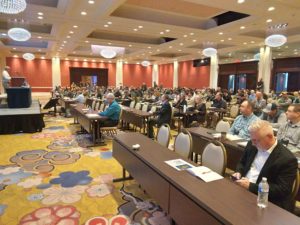
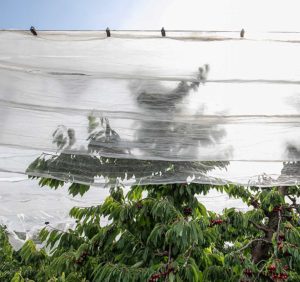
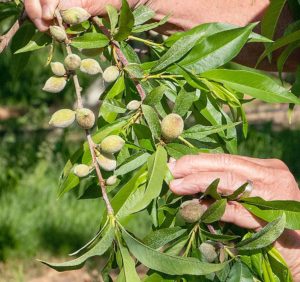
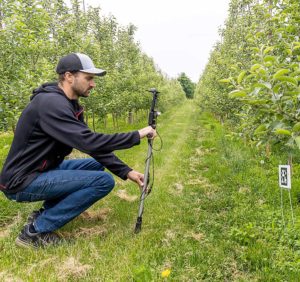





Leave A Comment